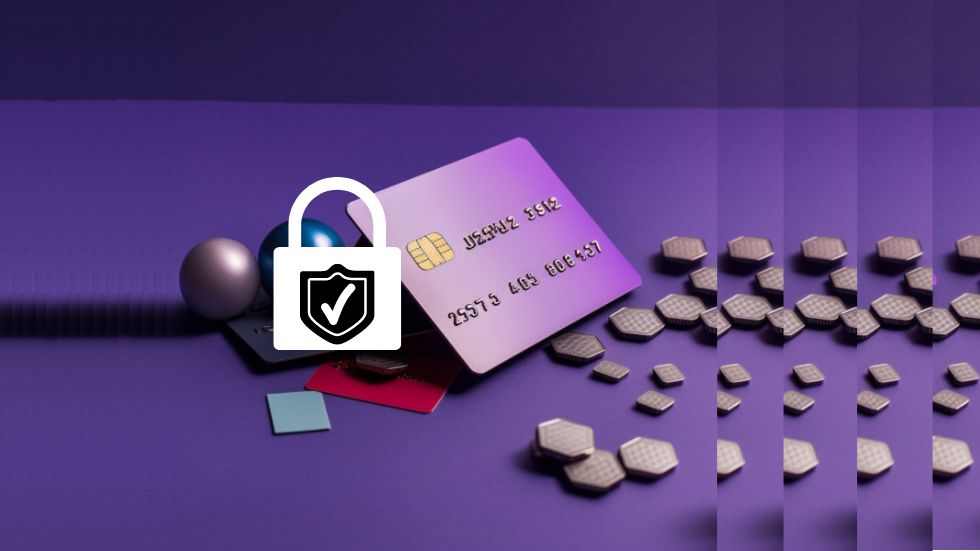A bank will issue a credit card, which is a payment card that allows the cardholder to borrow money to make purchases or pay for services. It lets people do business without cash and gives them an easy way to buy things online, in shops, or over the phone. Credit card security is critical because it may protect you from identity theft, fraud, and financial loss. If your credit card is lost or stolen, someone else may use it to make unauthorized transactions, harming your credit score and leaving you responsible for the costs.
Tips for Your Credit Card security:
Monitor your account:
Check your credit card statements on a frequent basis to ensure that no fraudulent transactions or unauthorized activity have occurred.
Keep your credit card secure:
Always store your credit card in a secure location, such as a wallet or handbag. Do not Leave it unattended or conspicuous in public places.
Memorize your personal identification number (PIN):
If your card includes a PIN, memorize it rather than writing it down. Do not reveal your PIN to anyone.
Protect your card details:
Be cautious while disclosing your credit card information. Don’t give your card number, expiration date, or CVV (Card Verification Value) to people or businesses you don’t know or trust.
Be aware of online transactions:
Before making an online purchase, make sure the website is safe. Examine the URL for “https://” and a padlock icon in the browser bar.
Be alert of phishing scams:
Be skeptical of emails, phone calls, or text messages that solicit your credit card information. Legitimate organizations will never ask for your credit card information by email or phone.
Use secure networks:
Use secure, password-protected networks while making online purchases or accessing sensitive information. Avoid using public Wi-Fi networks since they can be easily hacked.
Avoid using public Wi-Fi networks:
Do not use public networks to make purchases or access your accounts. These networks are generally not secure and can be vulnerable to hackers and cybercriminals.
Configure transaction notifications:
Many credit card companies send transaction alerts via email or text message. Enabling these alerts will notify you of any unexpected activity on your card.
Shred sensitive papers:
Shred old credit card statements, receipts, and other documents that include your card information. This keeps criminals from gaining access to your personal information.
Update your contact information:
Make sure your credit card company has your most recent contact information. If they identify unusual behavior on your account, they will be able to contact you swiftly.
Don’t bring more cards than you need:
Leaving cards at home that you don’t need will reduce the chance of fraud or theft. Owning multiple credit cards is a tricky subject. It has got it pros and cons, It is adviced that you do not carry all of them together
As UPI now allows credit cards, you can now leave your cards safe at home and transact using them via UPI. This is another tip for credit card safety.
Conclusion:
Remember that these tips can help make your credit card safer, but you should also stay up-to-date on the latest security practices and be on the lookout for possible risks.

